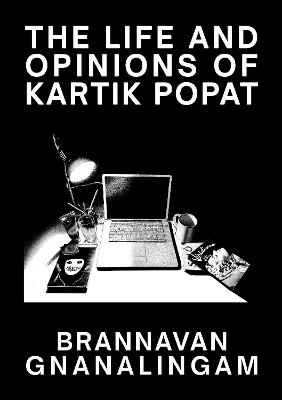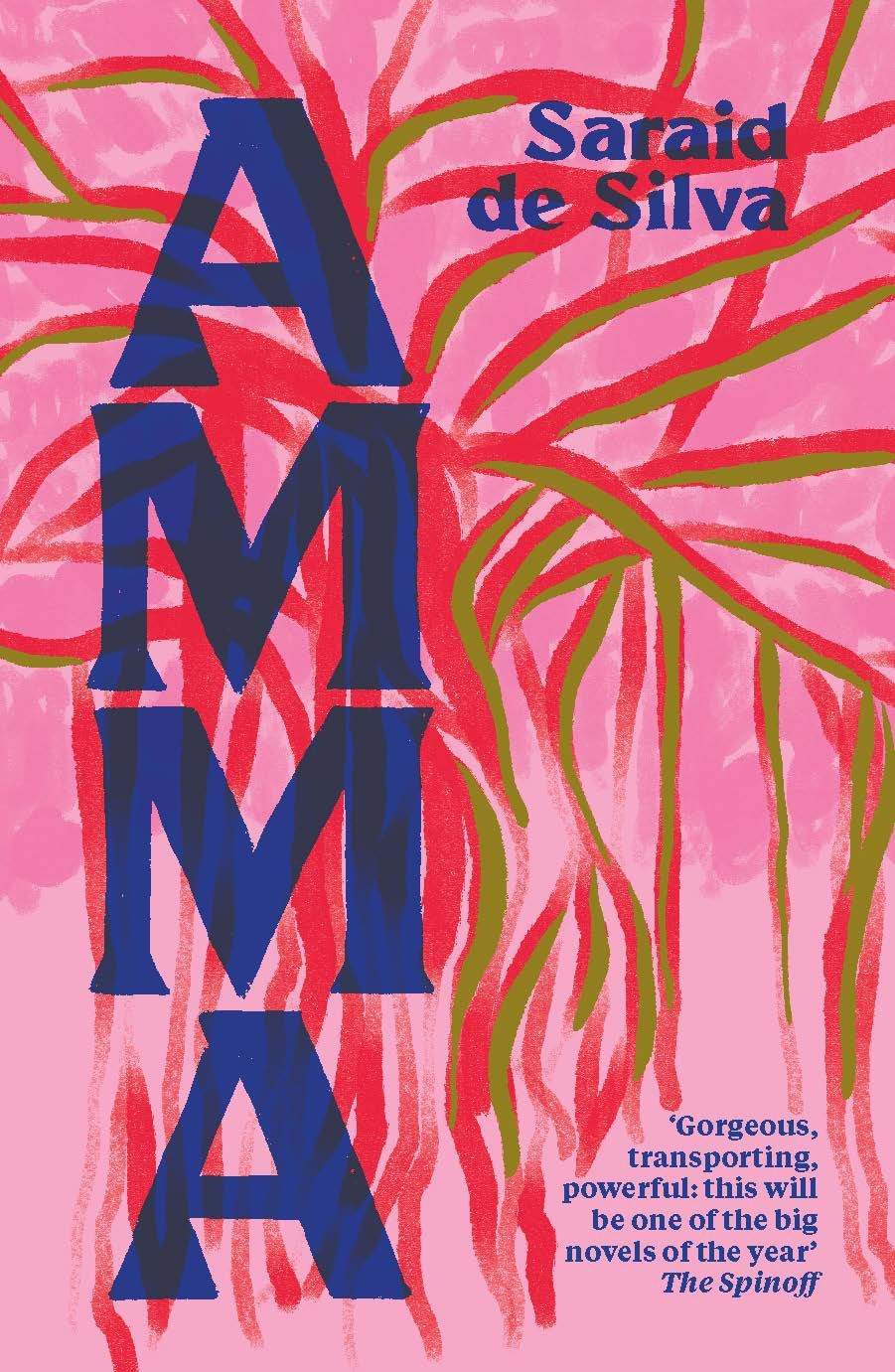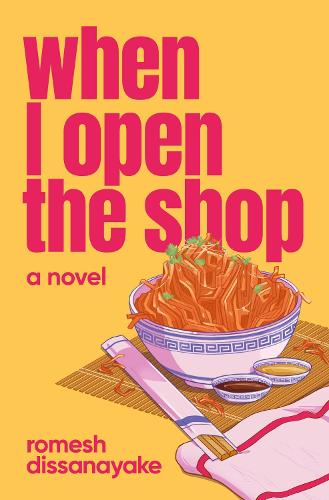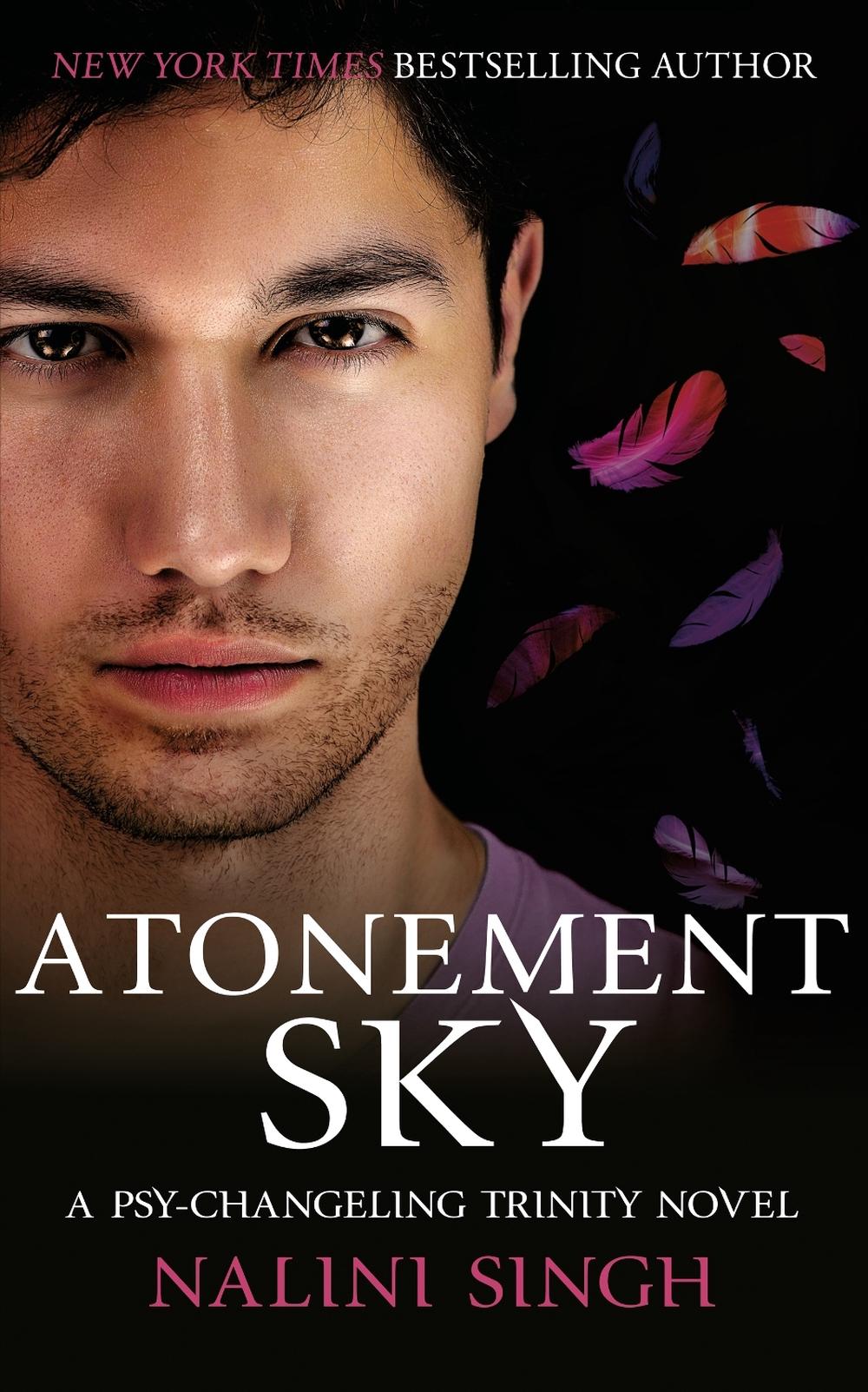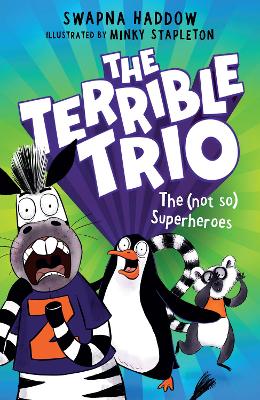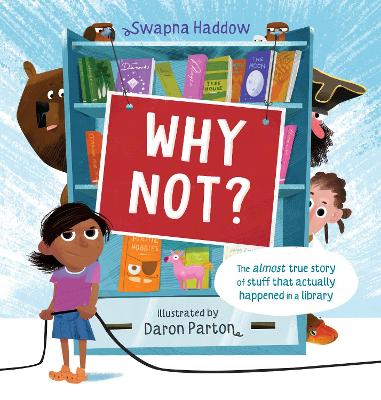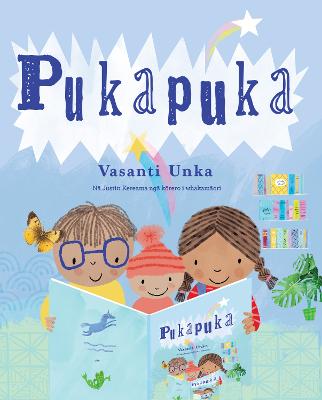Celebrating South Asian Voices with guest editor, Vasanti Unka
'I’m delighted with the mayhem of this list. It’s like an eclectic mixtape, spanning genres, styles, and characters that break free from stereotypes and showcase the vibrancy of South Asian creativity in Aotearoa.'
Guest editor Vasanti Unka is an award-winning writer, designer and illustrator of children’s picture books, noted for the originality of her storytelling, her riotously colourful and inventive illustrations and the innovative design and production of her books. Her stories have won awards in New Zealand and internationally, and have sold around the world. Vasanti lives in Auckland, New Zealand, where she juggles creative work and numerous book projects.
.jpg&w=1920&q=75)
Years ago, I was working as a magazine designer in a cluttered Auckland office. While a few Asians worked there, you would rarely find anyone who looked like us within the printed pages of our labour. In those days, we didn’t appear in books, magazines — especially not on magazine covers — or in advertisements. Although no one voiced it, everyone knew our printed images could adversely affect sales. I lapped up the writings of Arundhati Roy, Jhumpa Lahiri and all the others of the time. They wrote with South Asian voices, but they were not our voices. We would never have dared to write books about ourselves anyway. Apart from being too shy, we were told no one would want to read books by or about us.
I’m glad times have changed. A new generation of South Asian–New Zealanders are out and about, being published, being heard and being noticed.
Yet I have a gripe. There are still not many. Just browse a bookstore for proof — the stats in are depressing. But when I began compiling this list of recently published books by South-Asians in Aotearoa my whinging abated a little. The books by South Asians that are being published here are so undeniably good.
What’s more, I’m delighted with the mayhem of this list. It’s like an eclectic mixtape, spanning genres, styles, and characters that break free from stereotypes and showcase the vibrancy of South Asian creativity in Aotearoa.
.jpeg&w=3840&q=75)
For political satire that’s landed with perfect timing, there’s Brannavan Gnanalingham’s eighth and latest novel, The Life and Opinions of Kartik Popat (Lawrence & Gibson, 2024). Set in Wellington, the novel satirises South Asian sell-outs embroiled in Western politics. While the skilfully drawn protagonist is a cringeworthy loser, his ilk is familiar to us all. If you’re susceptible to dark humour this book is laugh-out-loud funny while being scarily accurate.
Saraid de Silva’s debut novel, Amma (Moa Press, 2024), follows three generations of women in a Sri Lankan family as they find their place in the world. Set across Sri Lanka, Singapore, New Zealand, Australia, and London, Amma follows the circumstances that drive the women apart while culture and events shape them. With its finely spun storytelling, it is a moving read. Amma was longlisted for the 2025 Women’s Prize, a testament to its international acclaim, but did not make the shortlist for the 2025 New Zealand Ockham’s - a decision I still question.
Romesh Dissanayake’s debut novel, When I Open the Shop (Te Herenga Waka University Press, 2024), explores grief, struggle, and community. Spanning three days across three parts, blending poetry and prose with a dash of surrealism. Set in Wellington, the novel is poignant (I want to hug the narrator), funny and infused with visceral descriptions of food. While some see this as an immigrant story, I read it as a coming-of-age narrative.
New York Times bestselling author Nalini Singh returns with Atonement Sky (Berkley, 2025), the third novel in the ‘Psy-Changeling Trinity’ series. Her paranormal romances have captivated tens of thousands of readers worldwide for years.
How to Bake a Book by Nod Ghosh (Everytime Press, 2025) is a textbook on creative writing but with a difference. It includes tips on how to get started, elements of crafting, and how to get your work out into the world. There are exercises for beginners and experienced writers, along with wacky life hacks and her Mum’s potato curry recipe.
Swapna Haddow has two books out in 2025. The first book of ‘The Terrible Trio’ series, The (Not So) Superheroes (Scholastic NZ, illustrated by Minky Stapleton), follows three animal friends who have the worst superpowers ever. The funniest is Zeb the zebra who can blend in with a zebra crossing. Why Not? (Scholastic NZ, illustrated by Daron Parton) is about the things you probably shouldn’t do in a library. The story involves a family of hungry hawks, a bear, a half-eaten sandwich and a scurvy crew of pirates.
Saradha Koirala’s latest book of poetry is set before, during and after a global pandemic — a time that coincided with her becoming a parent. The Good Reclamation Days (Both Sides Books, 2025) chronicles a journey of creating a home and family and explores the loss and reclamation of identity that occurs as worlds expand, shrink and expand again.
Edwina Pio, alongside Robert Kilpatrik and Peter Lineman, looks into the challenges involved in the interplay between religion and business in the handbook, Religious-Spiritual Diversity in Organisations (Edward Elgar Publishing, 2024). The book thoughtfully considers the critical issue of inclusion within work environments.
And I will have another picture book out in November! Pukapuka (Beatnik, 2025) celebrates books and libraries and is bilingual (Māori and English). Nā Justin Kereama ngā kōrero, translation by Justin Kereamato.
